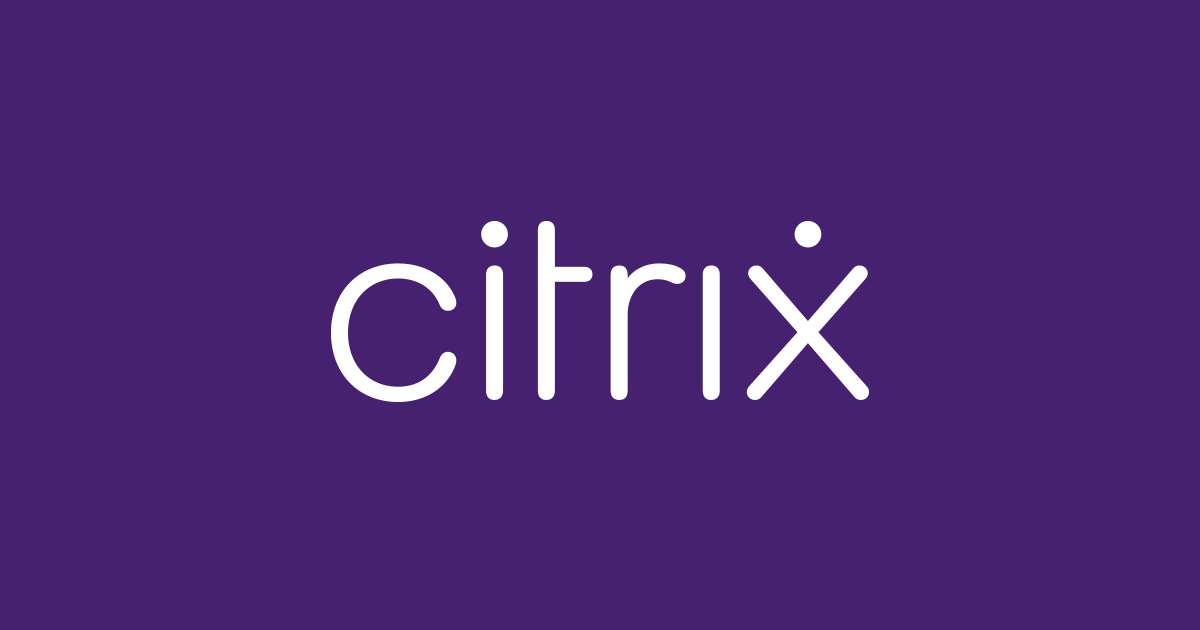Social networks are accused of all the evils: they spread fake-news, hateful content, they catalyze disagreements … However, a study now proves that they could in some cases play a positive role : they would promote the circulation of ideas, debate, they would bring groups together.
She is a political science researcher at New York University, Nejla Asimovic, who comes to this conclusion. She had the idea to study the effects of Facebook in a particular context: in Bosnia and Herzegovina, at the time of the commemoration of the genocide of more than 8,000 Muslim Bosnians, in Srebrenica of 1995. Assuming that the related discussions As this war intensified during this period, the researcher created two groups of Bosnians, Serbs and Croats: a first whose order was to deactivate Facebook for seven days; and another which retained access to the network.
And, surprise: people deprived of Facebook were much more aggressive towards others than those who had retained their access. They expressed more bad feelings, more derogatory comments towards other ethnic groups. A conclusion in reverse of previous studies which all tend to show that social networks are generators of divisions between groups.
An American study thus observed a year ago that cutting Facebook during the four weeks preceding the American elections of 2018 had reduced political polarization… This study shows it, it is not so simple. Our behavior in the digital world depends on the context in which we live, in the real world.
It seems obvious, but you had to think about it. In a mixed environment, where different social groups can interact and debate, Facebook tends to polarize. But in very divided circles, Facebook can on the contrary offer an opening.
–


